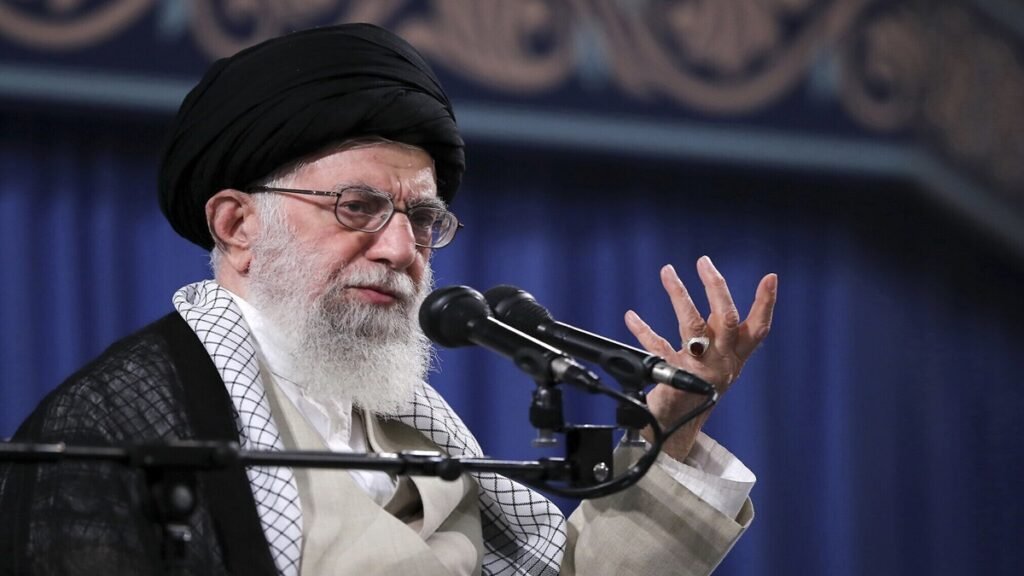India has sharply criticized Iran’s Supreme Leader Ayatollah Ali Khamenei for his recent remarks about Indian Muslims, calling them “unacceptable” and “misinformed.” The comments, made on social media, have sparked diplomatic tensions.
Iran Supreme Leader Khamenei’s Controversial Remarks
- Context of the Statement: On the birth anniversary of Prophet Mohammed, Ayatollah Ali Khamenei posted on X (formerly Twitter) about the plight of Muslims in various countries, including India. He suggested that Muslims should be aware of each other’s suffering in places like Myanmar, Gaza, and India.
- India’s Response: India’s Foreign Ministry has expressed strong disapproval of Khamenei’s comments. In a statement, the ministry labeled the remarks as “unacceptable” and emphasized that countries should reflect on their own records before making judgments about others.
- Diplomatic Implications: The comments come amid rising tensions between Iran and Israel, impacting India’s diplomatic relationships. India maintains close ties with both nations, balancing its strategic interests and oil needs from West Asia with its evolving defense relationship with Israel.
Key Points of Tension
- Oil and Strategic Interests: Iran is a major supplier of crude oil to India, and the two nations share strategic interests, including countering terrorism from neighboring regions.
- Israel-India Relations: India’s strategic relationship with Israel has been growing, particularly in defense and security. The recent comments have added to the complexity of India’s diplomatic stance.
- Historical Context: India has previously supported Israel in times of crisis, such as the 26/11 Mumbai terror attacks and the recent Hamas attacks on October 7, highlighting the shared concerns over terrorism.
The diplomatic spat underscores the delicate balance India must maintain between its strategic interests with Iran and Israel. The comments by Iran’s Supreme Leader have brought to light the intricate web of international relations that influence India’s foreign policy.
FAQs
1. What did Ayatollah Ali Khamenei say about Indian minorities?
Khamenei’s comments suggested that Muslims should be aware of the suffering of their fellow Muslims in India, among other countries, which India has condemned as unacceptable.
2. How did India respond to Khamenei’s remarks?
India’s Foreign Ministry strongly criticized Khamenei’s comments as misinformed and advised that countries should review their own records before commenting on others.
3. Why are these comments significant?
The comments come amid growing tensions between Iran and Israel, affecting India’s diplomatic relationships and highlighting its strategic balancing act between the two nations.
4. What are India’s interests in West Asia?
India relies on West Asia for a significant portion of its oil imports and maintains strategic relationships in the region, including with both Iran and Israel.

